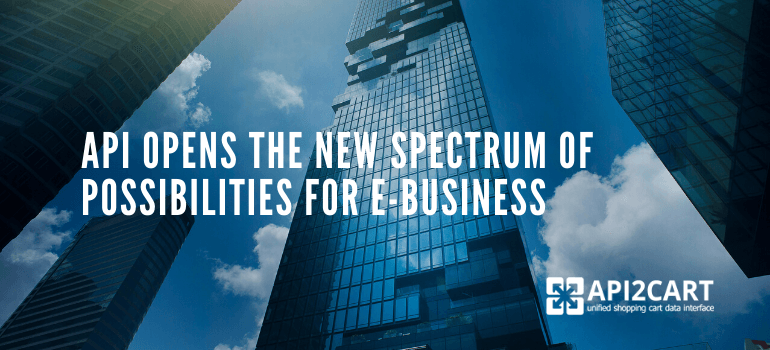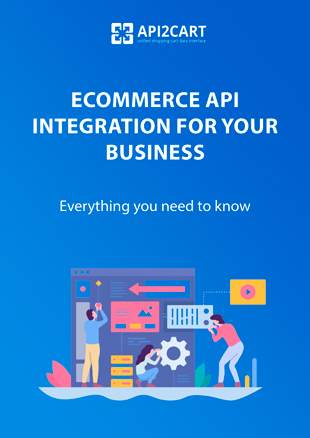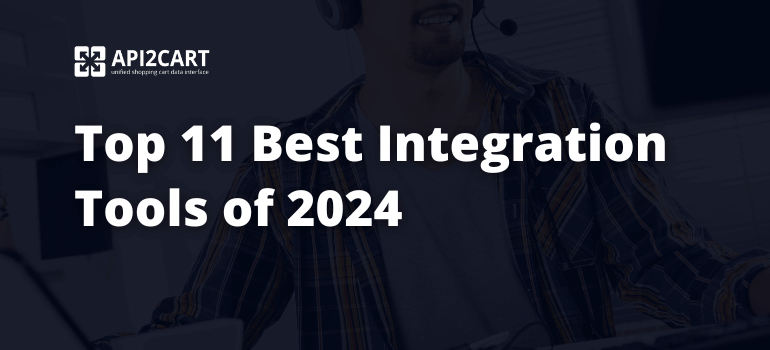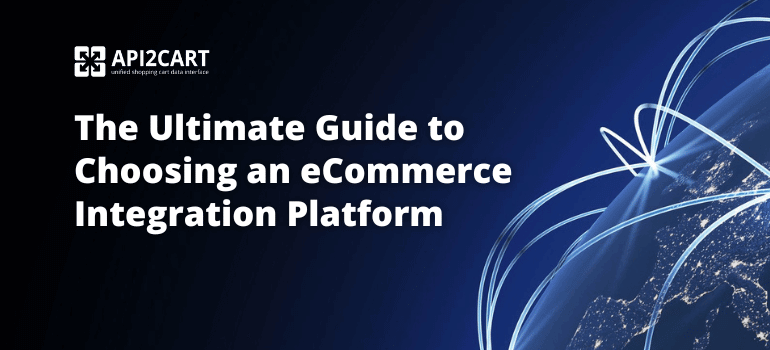
Nowadays, there are lots of talks around business transformations with APIs in the center stage. And no wonder, as Application Programming Interface opens new horizons of opportunities and completely change the playing field for merchants’ benefit. However, non-technical vendors sometimes feel like an Alice in the Wonderland agonizing over the business value of an API.
I really like Manfred Bortenschlager’s meaningful comparison of the API and an automobile. Our car is actually a quite complex system that consists of many different components. And when we are driving it there is a steering wheel to set the direction and gearshift. Foot pedals are intended for controlling the speed and the brakes. Also, we have an automobile dashboard to control car conditions. In such way, the driver interacts with the auto in an extremely simple and efficient way and doesn’t make strenuous efforts to understand all the details how different components work internally.
So, that is how API actually works. In the simplest terms, it is a specification that sets the rules of how various apps interact with each other. Application Programming Interface enables access to different data assets, services or resources. Companies can easily manage and control their APIs with the help of API Management solutions. They are basically gateways with lots of API configuration features. Getting back to the automobile, an API management solution is like a car cabin with all its steering and controlling stuff.
Such an approach allows organizations to expose their data assets with the help of API, enabling others to receive them. It is distinguished three levels of access: public, partner, and private. API allows to integrate with some other software solutions such as mobile apps or web services and easily sync various data.
To speak more broadly, every company that launches an API program aims to achieve the following business goals:
- Increase revenue;
- Extend customer reach and value;
- Support sales;
- Encourage technical and business innovation;
- Facilitate the integration of backend data and apps.
Generating additional value for an organization by opening access to data assets has stimulated the development of API Economy. It is considered to be a description of the whole ecosystem around API.
Steven Willmott and Guillaume Balas did a great work writing an ebook “Winning in the API Economy” where they define the API Economy as:
...an umbrella term referring to the emerging economic effects – and its related ecosystem – enabled by companies, governments, non-profits and individuals providing direct programmable access to their systems and processes through the means of APIs.
Recently, we have presented you a series of articles “The Five Axioms of an API Economy” on our blog. The core message is that API Economy and API, in particular, have a significant impact on how various organizations interact with each other. API is a fundamental pillar of such communications.
To put the finishing touch, APIs are powerful and valuable enough to have a transformational impact on digital and business processes. Modern companies have to seriously think about new digital and API strategies considering unique business demands.
API2Cart is an online solution that offers unified API to perform connection to 40+ shopping platforms. Find out how to open new horizons for your e-business by integrating with such industry leaders like Magento, WooCommerce, Bigcommerce, Shopify, PrestaShop and many others.
Don’t hesitate to contact our representative to discuss service’s functionality details and choose the optimal value proposition to meet your goals.



